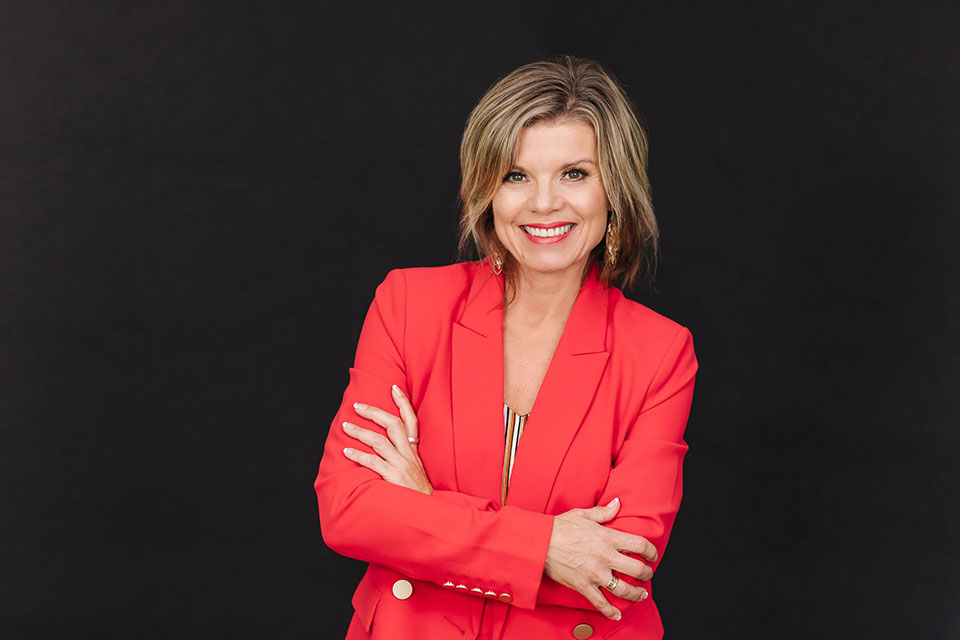Making work work in the COVID impacted workplace

As the challenges and opportunities of the post-COVID landscape continue to unfold, so does the need to perform. Sustaining engagement and holding on to talent have always been important. But it is emerging as the strategic imperative for the progress and performance organizations need to survive and thrive in our new economic context, in which workers are reassessing what ‘good work’ and a ‘good life’ look like.
The problem is, there’s another epidemic that’s impacting organizations across the globe: an epidemic of underperformance. And it’s driven by issues with accountability.
The Other Epidemic
Activity but no progress, meetings with no follow-up, confused responsibilities, impossible demands, missed milestones, low morale, poor engagement, talent drain…
From broken promises and unrealistic expectations to finger-pointing and cultures of avoidance and blame, accountability issues – and the fear that drives them – are rampant across business, government, NGOs and beyond.
Simply put, if you have people in your organisation, you have issues with accountability. And that’s a problem, because without accountability, nothing sticks: not your latest transformational change initiative, not your best talent, nothing.
Without accountability, poor-quality work, decisions, and leadership go unchallenged, and ‘ethical slip’ starts to happen. Without accountability, leaders, teams, and organizations fall behind as the scale of disruption, the complexity of change, and the pace of technological advancement increase. Without accountability, we waste time, money, and energy in a fog of confusion and dysfunctional, ineffective accountability relationships.
With over twenty-plus years as a senior leader and working with CEOs, senior executives, and business leaders, I know that accountability underpins success. And multiple research studies agree. In fact, research suggests that when organizations get accountability wrong:
- 75% of team members see solving problems as ‘someone else’s job’,
- 65% don’t see due dates as real commitments,
- 80% don’t seek and offer feedback often,
- 82% try but fail to hold others accountable (or avoid it altogether)
- 85% are unsure what the organization is trying to achieve.
When we get accountability wrong, things get worse without anyone knowing why or accepting the responsibility to do something about it. And if we weren’t good at it before (and let’s face it, most of us weren’t), the added complexity of COVID and its impact on employees, team structures and ways of working make accountability feel even harder.
THE 2 FACTORS THAT WILL MAKE WORK WORK
To address the epidemic of underperformance that’s plaguing teams and organizations, we need to reset accountability to shift it from a means to punish people to something that sets up for success. In reviewing the accountability research, I identified two factors we need to focus on to do this work:
- the clarity of accountability expectations
- the quality of the accountability relationships
This reset requires a shift in mindsets, attitudes and behaviours so that we can confidently role model, coach, and create contexts and cultures that support accountability. The good news is that it doesn’t have to be difficult, expensive or time-consuming. Small shifts in leader and team practices can have a big impact on accountability, learning, progress, and performance.
Here are three things you can do right now to begin resetting accountability with your team:
- Get real.
Ask: Are the expectations you have of others realistic? - Get clear.
Ask: Did you make the expectations clear and explicit? - Get curious.
Ask: What does the other person(s) in your accountability situation understand are the expectations of them and others?
By resetting accountability, you reduce stress by wasting less time and energy on drama. You save money by creating more-effective work practices. You support higher performance and better-quality work outcomes by enabling forward learning and growth for yourself and the people you lead.
And you get clear on the high talent and potential in your teams, which means you can focus your energy on those people who are engaged in their work and willing to take personal ownership and contribute to collective responsibility.
So, in our COVID-impacted work environment where the pressure to make work work and perform well is clear and present, the question becomes, can you afford not to?
Written by Dr. Paige Williams.
Have you read?
Best Business Schools In The World For 2022.
Best Fashion Schools In The World For 2022.
Best Hospitality And Hotel Management Schools In The World For 2022.
Best Medical Schools In The World For 2022.
Bring the best of the CEOWORLD magazine's global journalism to audiences in the United States and around the world. - Add CEOWORLD magazine to your Google News feed.
Follow CEOWORLD magazine headlines on: Google News, LinkedIn, Twitter, and Facebook.
Copyright 2025 The CEOWORLD magazine. All rights reserved. This material (and any extract from it) must not be copied, redistributed or placed on any website, without CEOWORLD magazine' prior written consent. For media queries, please contact: info@ceoworld.biz








